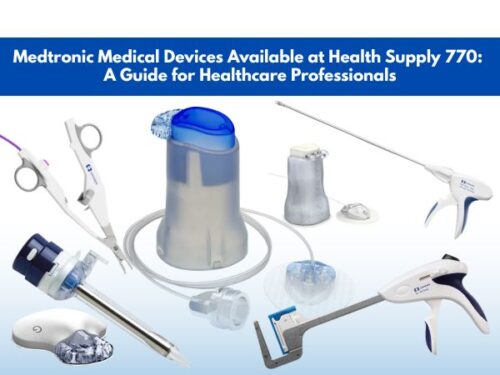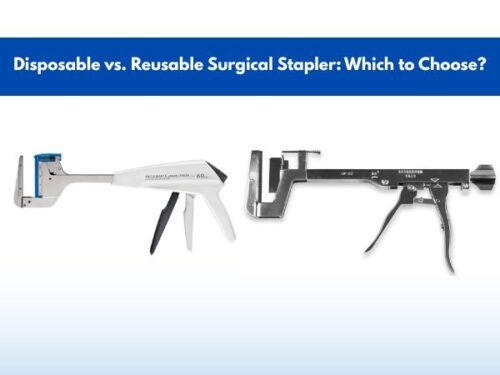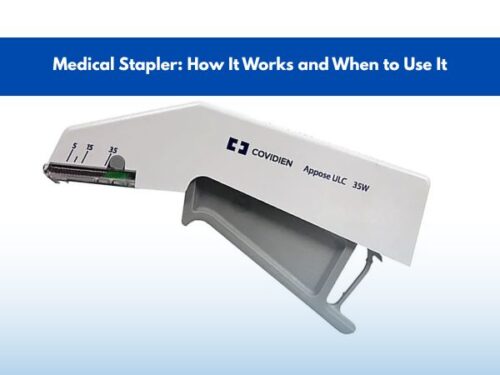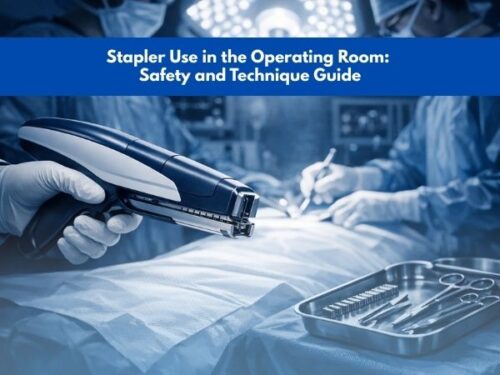Flu Tests Explained: The Ultimate Guide to Types, Accuracy, and Optimal Testing Times

As the temperature has started to drop in most parts of the United States, an expected spike has been observed in the cases of flu and cold. Considering the high level of socializing in the coming month, there is a need for the medical facilities to be timely in terms of testing and treating the patients affected by the flu. Here is a comprehensive guide regarding the types of flu tests, their relative accuracy, and the conduction procedures. Let us take a look.
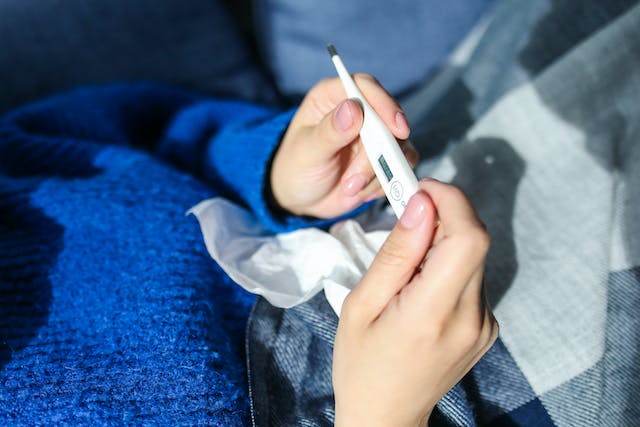
Current Statistics Regarding Flu in the US
According to the statistics published by the Centers for Disease Control and Prevention (CDC) on the 27th of November, 2023, a 4.9% increase has been observed in the confirmed influenza cases in the US population. The main causative agent behind these cases has been found to be influenza A (H1N1) virus. Nearly 3,300 of these diseased individuals were in need of hospitalization owing to their flu-associated symptoms followed by the death of 0.07% among them.
What is Seasonal Flu?
Flu, or as it is called i.e. seasonal influenza, is an infectious disease usually caused by type A or B viruses. Being an epidemic, flu comes back every year thus not only resulting in multiple deaths but also posing a heavy economic burden on the health system. The most vulnerable population includes children, the elderly, pregnant women, healthcare workers, as well as those who are already suffering from HIV/AIDS, diabetes, asthma, and heart and lung diseases.
Symptoms of Flu
Once affected, the patients often report symptoms that start appearing within 3 to 4 days after the virus has entered the body. Normally, these symptoms subside automatically after 7 days from the onset of infection. These symptoms include:
● Headache
● Sore throat
● Runny or stuffy nose
● Dry cough
● Fever
● Muscle pain
● Joint pain
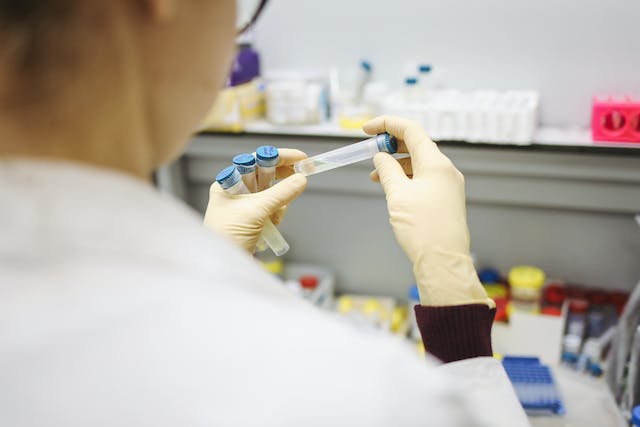
Flu Tests:Types and Specifications
Flu tests can be categorized into various types the following being the most commonly employed:
● Rapid Influenza Antigen Tests
Rapid influenza antigen tests are used when the results are needed urgently. These work by detecting the viral antigens in the collected sample. Despite being less accurate, the test results can be relied upon.
● Molecular Flu Tests
Molecular flu tests are FDA-approved and are highly accurate. One such diagnostic test is the polymerase chain reaction or PCR test. Other types of tests include the following:
| Flu tests | Sample collection method | Time to obtain results |
| Rapid flu diagnostic tests | NP swab Nasal swab Throat swab | 15 to 30 minutes |
| Rapid molecular assay | NP swab Nasal swab | 1 to 4 hours |
| Immunofluorescence assay | NP swab NP wash Bronchial wash Nasal aspirate Endotracheal aspirate | 1 to 4 hours |
| RT-PCR | NP swab Throat swab NP wash Bronchial wash Nasal aspirate Endotracheal aspirate Sputum Endotracheal aspirate | 1 to 8 hours |
| Rapid cell culture test | 1 to 3 days | |
| Viral tissue cell culture | 3 to 10 days |
Frequently Asked Questions
1. How early can flu tests detect?
If a flu test is taken within 3 to 4 days of the start of infection, it is considered the optimal testing time.
2. How is a flu test performed?
To conduct a flu test, a healthcare provider needs to tilt your head and take a sample from your throat or nose using a swab or a tube.
3. How do you take a flu sample?
Samples for a flu test can be collected using a nasopharyngeal swab or wash, nasal or throat swab, and bronchial wash. In addition, sputum can be collected by asking the patient to spit. A mucus sample can also be taken by sucking it from the nasal cavity or trachea using a thin tube.
4. How long does a flu test take?
Not much time is needed by a trained healthcare professional to collect a sample. However, this time is dependent on the type of sample needed.
5. How long does it take for flu test results?
The time for getting the results may vary from minutes to hours. Rapid molecular assays can give results within 15 to 30 minutes while for the immunofluorescence test or RT-PCR, one might have to wait for 1 to 8 hours to get the test results.
6. How accurate are flu tests?
Molecular tests are extremely sensitive and specific for their target microbes. These have high accuracy i.e. 90 to 95% as compared to the rapid tests which are 50 to 70% accurate.
Flu Test Kits: Brands and Specifications
Among multiple brands that manufacture and market flu test kits, the following is considered one of the best items:
● McKesson Consult Rapid Test Kit
McKesson Consult rapid test kit is an assembly that is employed to conduct flu tests by taking samples using a nasal swab, nasopharyngeal wash, or aspirate. The packaging has test cassettes, sterile swabs, extraction reagent capsules, positive and negative control swabs, along with a package insert and a procedure card. Moreover, none of the testing material has latex in it. The results can be taken within 15 minutes and are ideal for testing influenza A and B infections.
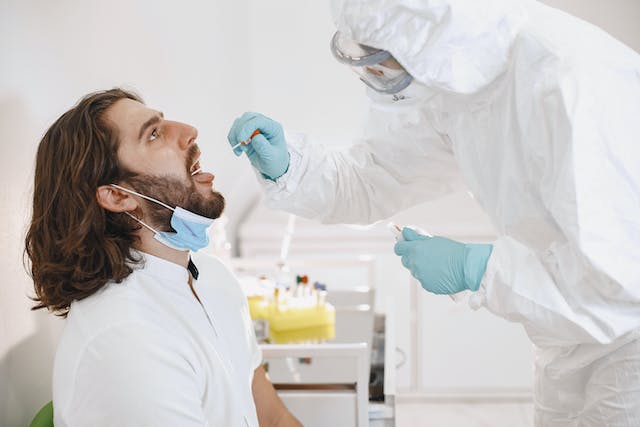
The flu testing kits mentioned in this article, along with many other medical supplies, can be purchased from Health Supply 770, a reliable name when it comes to medical products. They have a 30-day money-back guarantee and provide your products to you in the shortest possible time. Click the link at the end of the article to check the wide range of testing kits on the website.
Conclusion
Every year, the winter season is always accompanied by an increase in infectious diseases. Flu, like other viral diseases, is responsible for higher disease and mortality rates. Therefore, a timely diagnosis and treatment can not only increase the quality of life of many patients but also save multiple lives. Hence, there is a need for pharmacies and other healthcare facilities to keep a stock of flu test kits in order to meet the rising demand.
Click to Order from Health Supply 770
McKesson Consult Rapid Test Kit
References:
